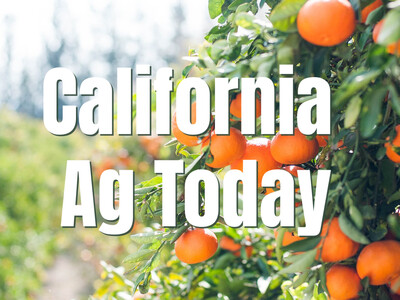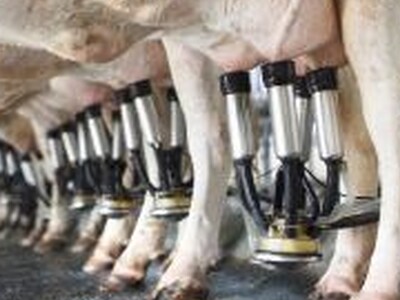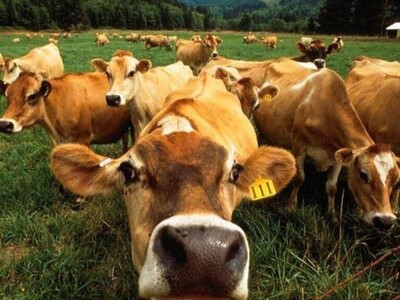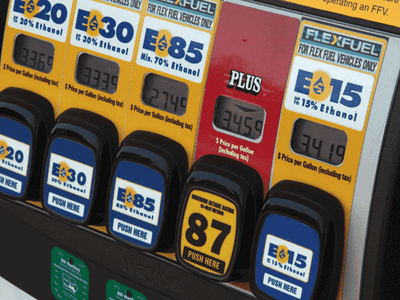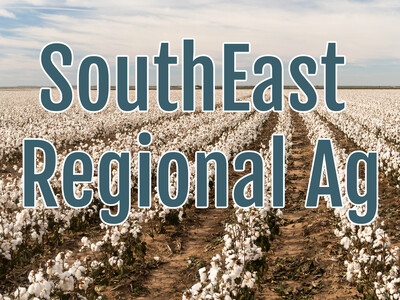Fixing the Dam & Bee Deaths
Fixing the Dam & Bee Deaths plus Food Forethought. I'm Greg Martin with today's Northwest Report.If you are a homeowner you know that repairs can be costly. Well the small crack in Washington's Wanapum Dam is going to cost plenty to fix. A preliminary estimate of the repair has been presented to the Grant County PUD's Board and I hope they were sitting down. The estimate was at $61-million dollars. The utility is evaluating how it will use a combination of reserve funds, debt financing and expense reductions to cover the cost of restoring the Wanapum Dam spillway. Staff continues to work with its insurers to explore potential insurance coverage as well.
There has been another mysterious case of bees dying in Oregon. Oregon Department of Ag's Bruce Pokarney says they are investigating a report dead bees were found Sunday scattered along on Highway 99 at Sunset Boulevard near Sherwood but says there is not a clear indication of how many bees were killed.
POKARNEY: In terms of the bee deaths we don't really know because by the time we heard about the report, certainly we sent an investigator up there. By that time it was hard to determine because most of the bee deaths appeared to have taken place on the highway. Certainly with 40 hives in close proximity there's a lot of bees in the area right now and it wouldn't be unusual for a swarm to come out of those hives.
The hives were checked and show they are all very healthy but overpopulated.
Now with today's Food Forethought, here's Lacy Gray.
I have spoke before about the battle of the bags, which pits plastic bag manufactures against reusable bag makers. It appears that plastic bags are losing the battle. There are now 132 cities and counties around the country that have implemented anti-plastic bag legislation. While that still leaves roughly 100 billion plastic bags still being used by consumers on a yearly basis, it doesn't seem far fetched to say that that number will begin to fall rapidly as even more communities make the decision to go plastic bag-less. And before you slap me with the recycling litany, remember, the majority of plastic bags never make it into the recycle bin. In fact, most plastic bags end up as a blight on the landscape - getting stuck in trees and annoyingly flapping away in the breeze, not to mention threatening wildlife. Plastic bags haven't really been on the shopping scene all that long. Introduced in the seventies plastic bags were not quickly embraced by customers or checkout clerks, but because they were cheaper and took up less space plastic bags prevailed. Skip down the road a few short decades and now even their low cost can't save them for long.
Thanks Lacy. That's today's Northwest Report. I'm Greg Martin on the Ag Information Network.






